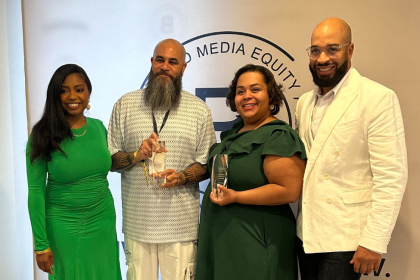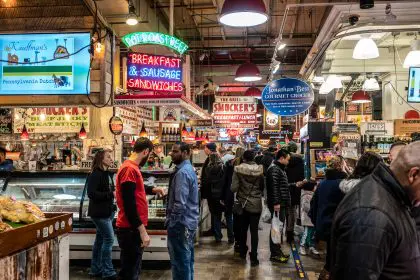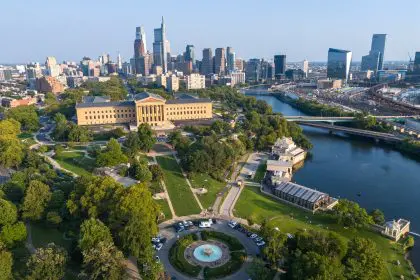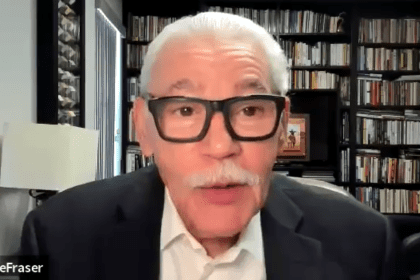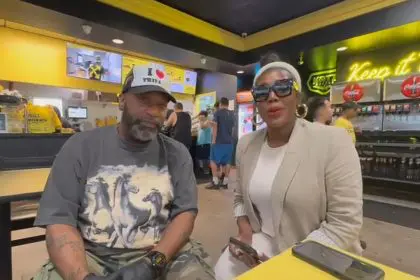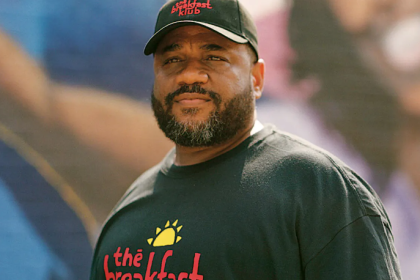
Black owned banks in the United States have been in existence for much longer than many of us might think. Founded on March 2, 1889 and opened on April 3, 1889, The Savings Banks of the Grand Fountain United Order of True Reformers was the first Black owned bank in the US. Although this was the first bank chartered in the US, the Capitol Savings Bank of Washington, D.C. Was the first to open its doors on October 17, 1888.
In a recent article published by USA TODAY, Michael Grant, the president of the Washington, D.C. based National Bankers Association, which promotes minority owned financial institutions, talks candidly about the importance of banking Black. In the article, he says, “I think the community is trying to figure out ways it can strengthen itself — and what better way to address issues facing Black America than to start harnessing our dollars and building some wealth and creating jobs in our communities?”
In the same article, Frederick Daniels, Jr., executive vice president and chief credit officer of Citizens Trust Bank, told USA TODAY that the bank is at the center of a “true movement”. “If we can bring together our economics collectively, we can help businesses grow, we can help people obtain home loans. That brings them closer to the American dream,” he said. “We’re providing a tangible solution for those who want action.”
Action in the Black community is what we need in order to create real change. Here are two critical reason that Black owned banks need to be taken seriously within our community.
Black banks can help people and businesses grow. Let’s be honest. Racism is everywhere, and within financial institutions the Black community was hit hard with predatory lending, among other institutional policies that make it hard for a Black person to succeed.
Black owned banks lend in Black communities, and in areas that other banks may steer away from. The “screening process” that occurs in other banks as it relates to loaning in fixed ways does not happen. Black owned banks are in the communities they serve, so they have a better understanding of the locality. This understanding leads to a comfortable relationship between the bank and the community.
Here is a list of the Black owned banks and credit unions in the United States: Black Owned Banks


